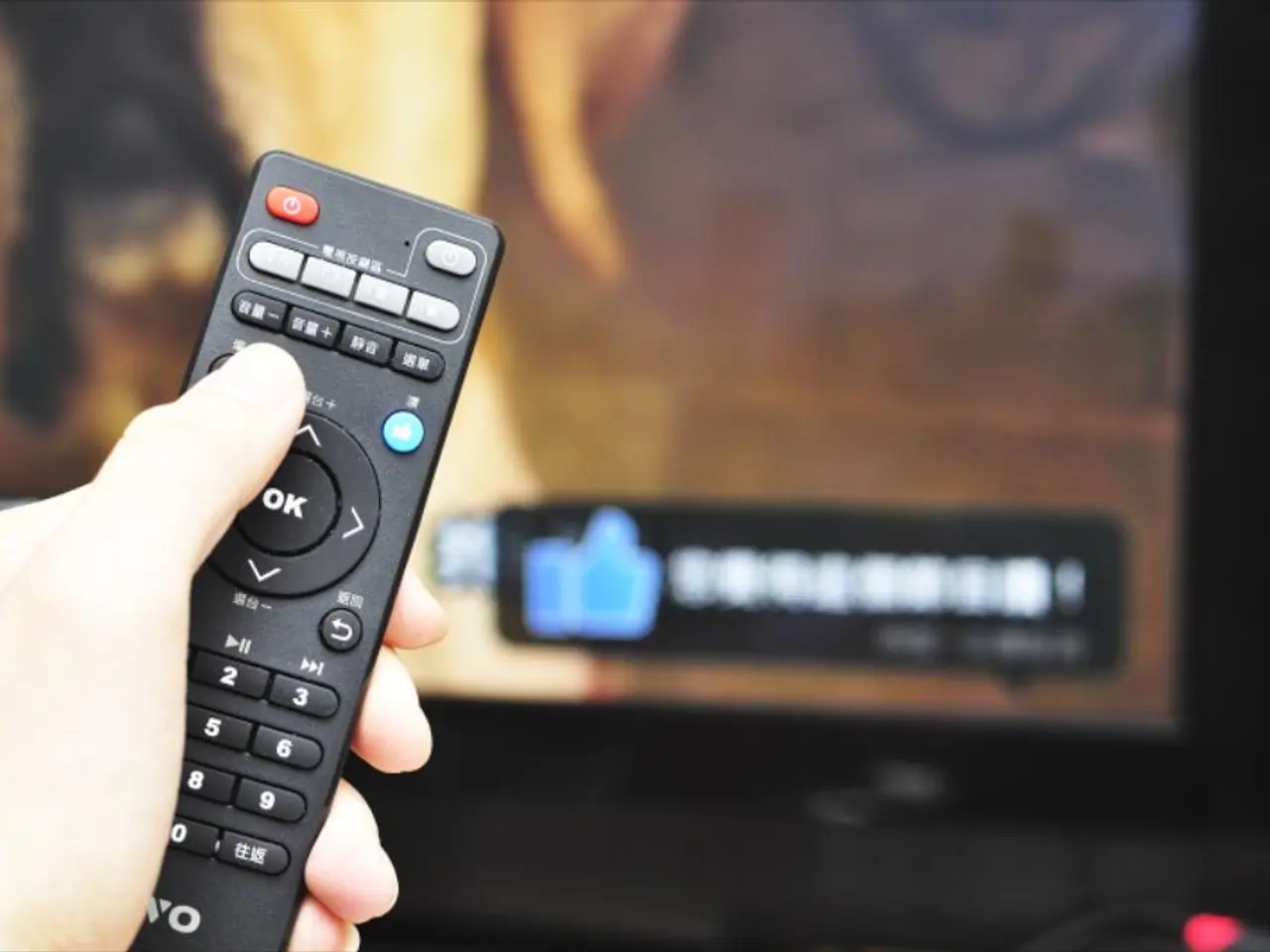U.S. tech workers rejoice as Navarro, advisor to President Trump, spotlights potential tariffs on outsourcing
In recent discussions on various American subreddits, a contentious topic has emerged: the potential imposition of tariffs on outsourcing and foreign remote work. This debate was initially sparked by a post from right-wing activist and former US Navy intelligence officer, Jack Posobiec.
One comment on the subreddit argued that offshoring poses a greater threat than H-1B visas, as it allows corporations to bypass labor laws and hire remote workers from other countries. This sentiment was echoed by many, with some emphasizing the need to prioritize American workers and stop Visa worker programs.
The idea of tariffs on outsourcing has also gained traction with Trump's advisor, Peter Navarro. Navarro, known for his advocacy of tariffs, recently reposted a call for tariffs on outsourcing on the social media platform X.
Yet, the practicality and feasibility of such measures are subject to debate. The International Chamber of Commerce has noted that applying tariffs to services would be impractical and could lead to legal, operational, and economic risks.
One person suggested taxing companies that outsource employees to other countries to make it more expensive to conduct such operations outside the US. Another proposed tax laws that incentivize US labor and disincentivize foreign labor. However, the question of whether services will actually enter the tariff crosshairs remains unclear.
The US, being a major player in the IT outsourcing market, generates the highest revenue in this sector, according to Statista analysis. Yet, the current state of unemployment in America, with more unemployed individuals than job postings, has led some to question the need to tariff outsourcing to other countries.
As the debate continues, it is clear that the issue of outsourcing and its impact on American workers is a pressing concern for many. On the r/AmericanTechWorkers subreddit, American tech workers expressed cheer at the possibility of tariffs on outsourcing. Yet, others have raised questions about the tariff on imported labor, such as phone support and engineering outsourced to India.
The conversation is far from over, with three separate posts on the same subject found on the subreddit at the time of writing. One person simply stated, "Tariff TF out of all outsourcing!", while another questioned if there is a tariff on imported labor already.
As the debate unfolds, it is essential to consider the potential benefits and drawbacks of such measures, ensuring a balanced approach that prioritizes American workers while maintaining a global economy that benefits all.
Read also:
- Nightly sweat episodes linked to GERD: Crucial insights explained
- Antitussives: List of Examples, Functions, Adverse Reactions, and Additional Details
- Asthma Diagnosis: Exploring FeNO Tests and Related Treatments
- Unfortunate Financial Disarray for a Family from California After an Expensive Emergency Room Visit with Their Burned Infant








